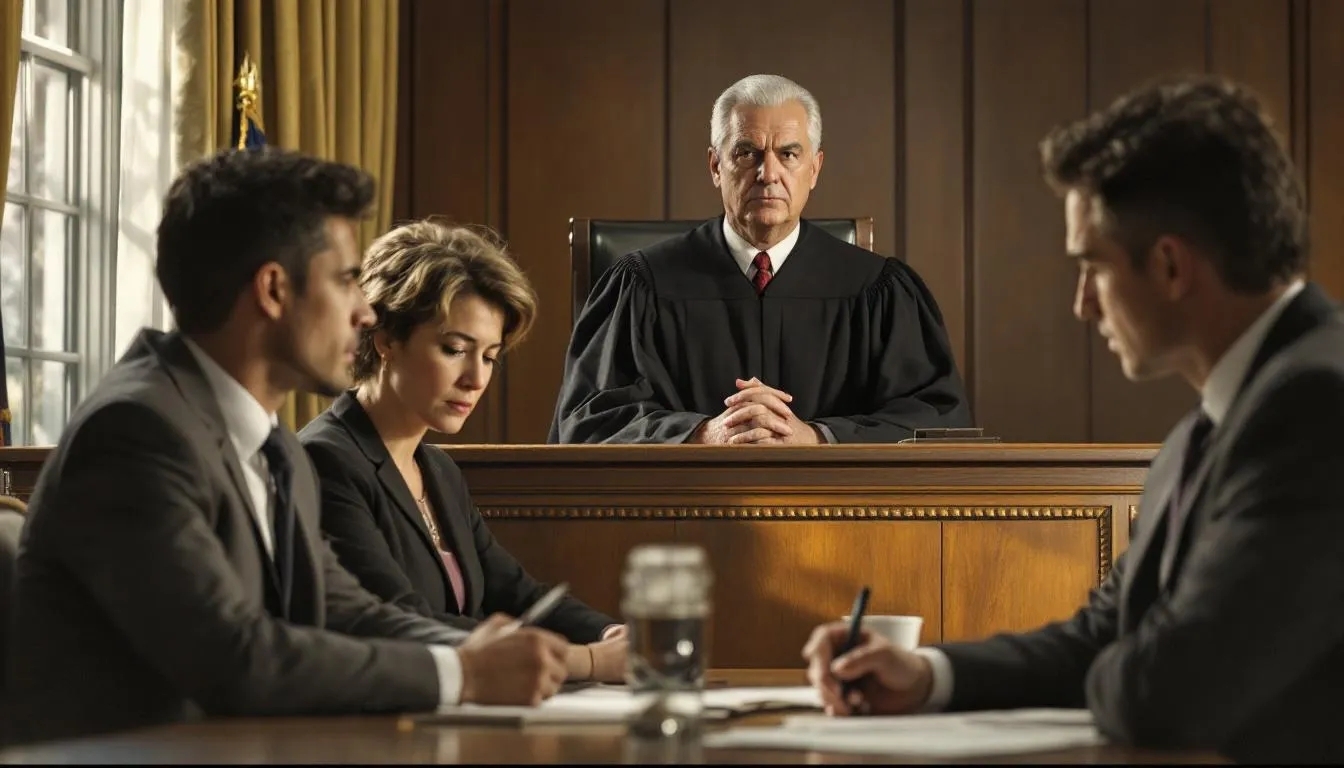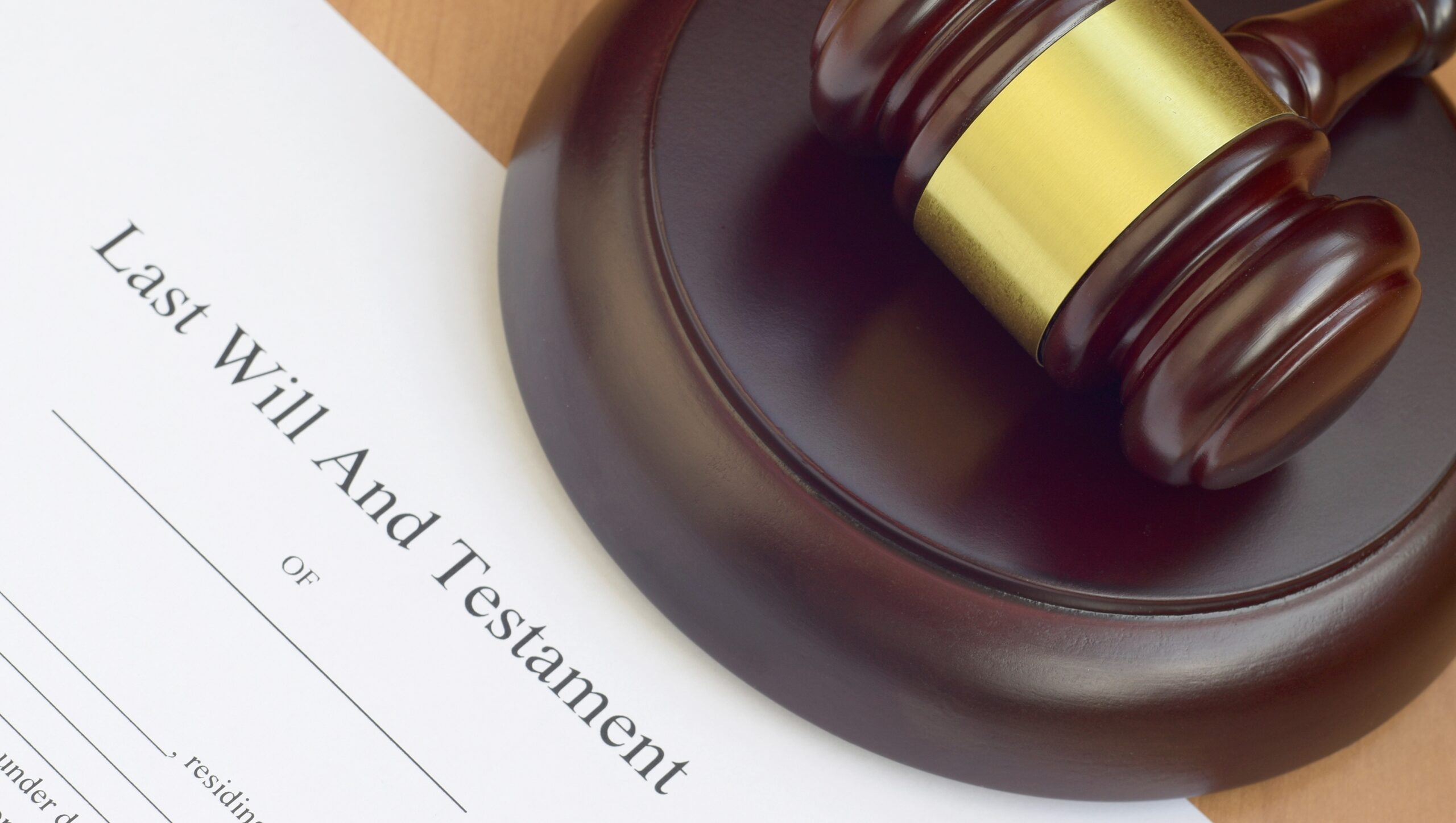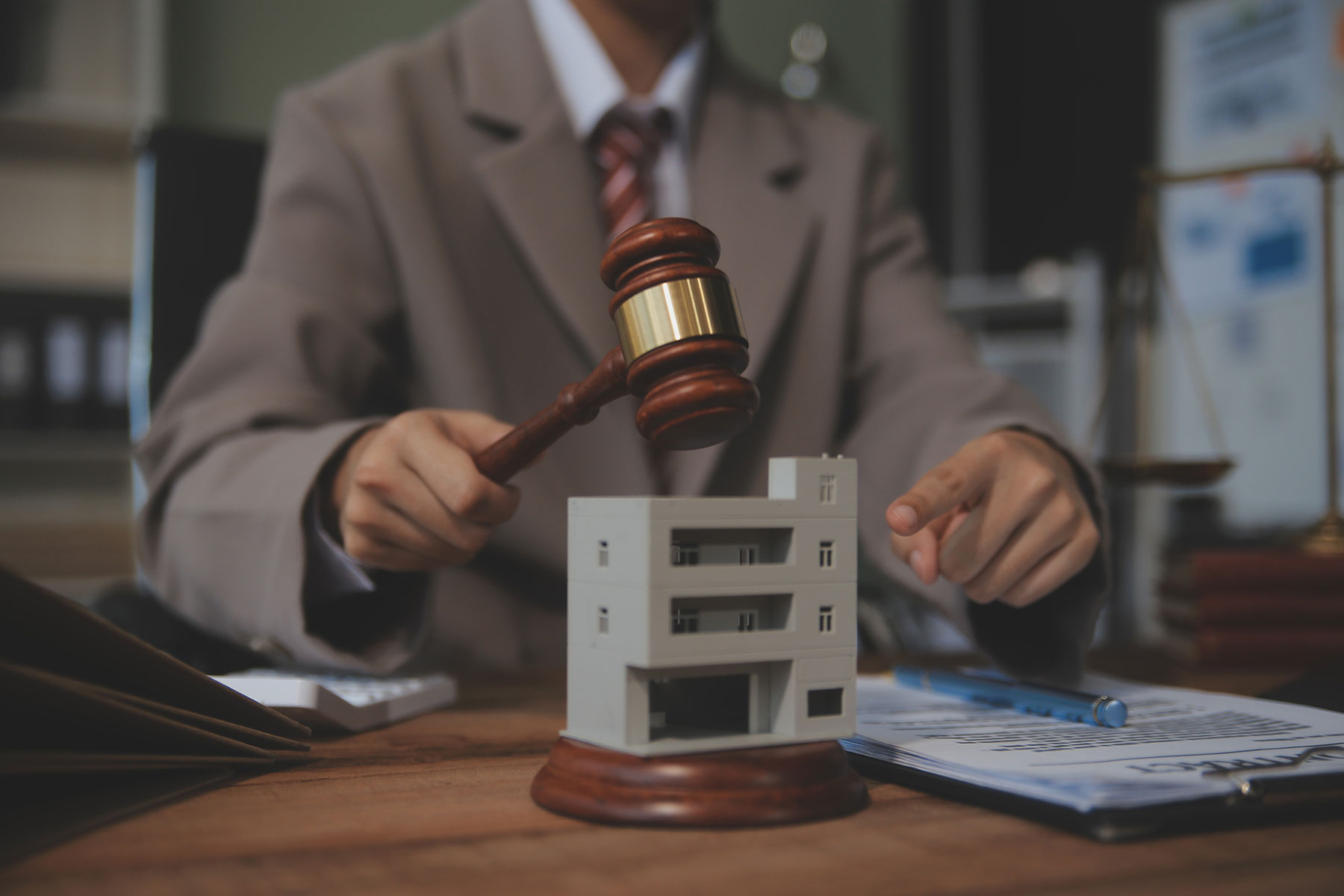
How to Remove an Executor in Alabama for Misconduct, Negligence, or Breach of Duty
When a loved one passes away, the executor of their estate steps into a role of great responsibility. They must pay debt[…]
Read More
What Happens If You Die Without a Will in Alabama
Few people like to think about what will happen after they pass away. Yet the truth is simple: if you die without a will[…]
Read More
Digital Asset Estate Planning in Alabama
Digital asset estate planning involves legally documenting how your online accounts, cryptocurrency, digital files, and […]
Read More
How to Handle Digital Assets in an Estate Plan or After Death
How to handle digital assets in an estate plan or after death starts by thoroughly inventorying all digital accounts and[…]
Read More
Do Kids Need Their Own Estate Planning Documents?
Kids need their own estate planning documents to protect their inheritance, assign guardianship, and protect their best […]
Read More
Essential Estate Planning Checklist
No matter how much or how little you may have, creating an estate plan can be daunting. Between the logistical challenge[…]
Read More
How to Avoid Common Estate Disputes
Planning how your property will be distributed to your heirs after you pass away is a prudent way to ensure the financia[…]
Read More
Are You Liable for Your Loved One’s Debts?
Losing a loved one is always a painful experience. In many cases, it also comes with logistical and financial challenges[…]
Read More


